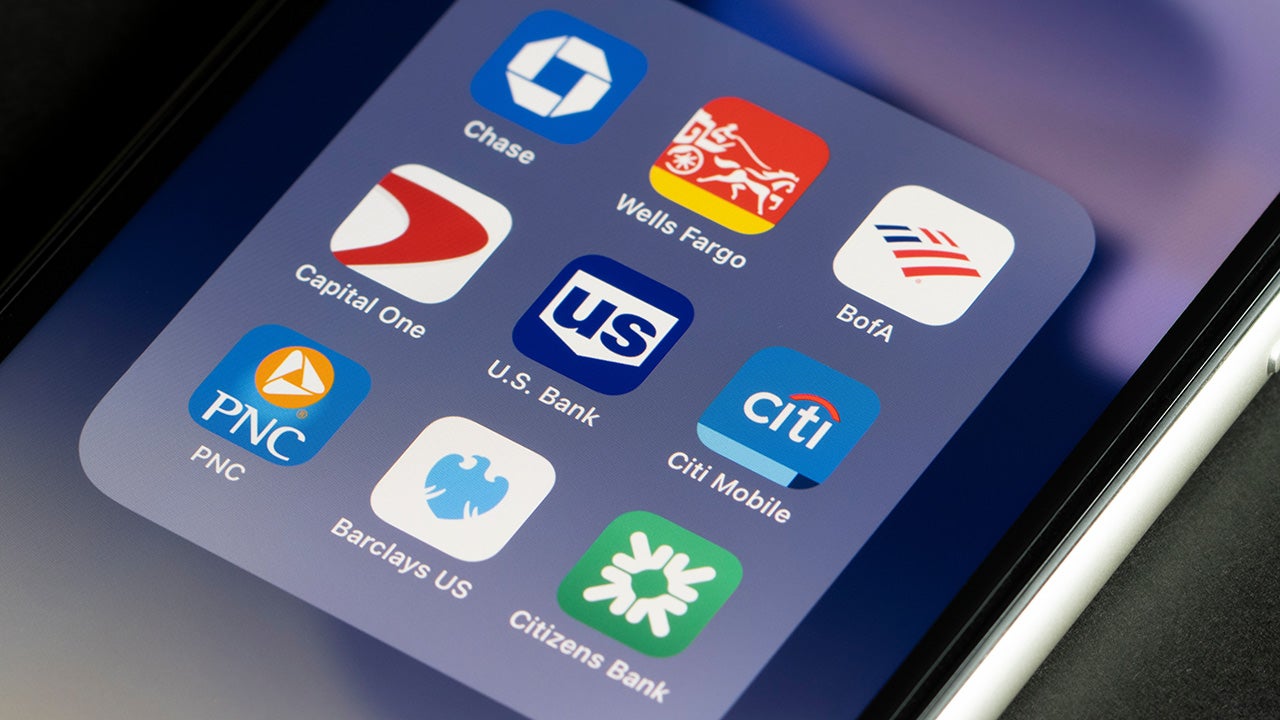Customer satisfaction at online banks has dropped, but still higher than at brick-and-mortar banks – Study

Key takeaways
- Although customer satisfaction at online-only banks decreased as of late, it remains higher than customer satisfaction at brick-and-mortar banks, according to this year's J.D. Power U.S. Direct Banking Satisfaction Study.
- Consumers had more complicated banking issues and the ease of contacting and interacting with a live customer service representative decreased three percentage points in this year’s J.D. Power study.
- Charles Schwab, Capital One and Ally Bank were the top three rated online banks for checking accounts.
- Marcus by Goldman Sachs, Ally Bank and Capital One were the top three rated online banks for savings accounts.
Customer service satisfaction has decreased at online-only direct banks this past year, but remain higher than at brick-and-mortar banks, according to the latest J.D. Power U.S. Direct Banking Satisfaction Study, released earlier in early May.
Major reasons for the decline in customer satisfaction at online banks include customers reporting that they struggled with customer service and timely problem resolution. Although customers of online-only direct banks reported having higher levels of satisfaction, their satisfaction among direct bank customers declined this year, particularly those with checking accounts, according to Paul McAdam, senior director of banking and payments intelligence at J.D. Power in a news release.
Survey says customers are experiencing more complicated problems
In addition to the decline of online satisfaction year over year, the J.D. Power survey, which surveyed 8,648 direct bank consumers between December 2023 and March 2024, also reported the following highlights:
- Problem resolution drags down customer satisfaction: Although fewer problems were noted in this year’s report, they were more complicated, resulting in problem resolution satisfaction to drop. What’s more, the total amount of time needed to resolve a problem grew to 2.6 days this year, up from 1.9 days the previous year.
- Problems with debit cards and fraud increase: The prime culprits that caused major declines in problem resolution satisfaction include problems with debit cards, fraud and unauthorized account activity, as well as problems with interest rate paid on a deposit account.
- Mobile apps and websites need a refresh: J.D. Power’s survey notes that the use of website and mobile app features fell this year. Specifically, the visual appeal, the range of services and clarity of information provided via digital channels showed significant declines.
J.D. Power’s top online checking accounts
The top checking accounts at online banks in J.D. Power’s study also had high Bankrate review scores:
- Charles Schwab: Bankrate checking rating of 4.8/5
- Capital One: Bankrate checking rating of 5/5
- Ally Bank: Bankrate checking rating of 5/5
All of these checking accounts offer some form of ATM reimbursement and/or large ATM networks. These accounts also earn interest, but the yields aren’t competitive compared with the best checking accounts or top-yielding savings accounts at online banks. Schwab has been J.D. Power’s top bank in this study – for its checking account – since 2019.
J.D. Power’s top online savings accounts
The top savings accounts at online banks in J.D. Power’s study also had high Bankrate review scores.
- Marcus by Goldman Sachs: Bankrate savings rating of 4.7/5
- Ally Bank: Bankrate savings rating of 4.4/5
- Capital One: Bankrate savings rating of 4.4/5
All of these accounts have competitive yields that are outpacing inflation. And these banks are generally consistent with their savings APYs on their top-yielding accounts. But these banks aren’t earning the absolute highest-savings yields.
Online-only banks are still a great place for your savings
An account from a federally insured online bank that’s a member of the Federal Deposit Insurance Corp. (FDIC) – or the National Credit Union Administration (NCUA) if it’s from a credit union – is an ideal way to earn interest on a savings account, especially a deposit account that has an APY that’s outpacing inflation. What’s more, your money will be safe should your bank fail, as long as you’re within the standard deposit insurance limit of $250,000 per depositor, per FDIC-insured bank, per ownership category.
Bottom line
A high-yield savings account at an online bank can be an ideal way to safely store, and grow, your savings, provided it’s at a federally-insured financial institution within federal insurance limits and guidelines. Such an account can be used for an emergency fund or for saving your money for your financial goals.
Why we ask for feedback Your feedback helps us improve our content and services. It takes less than a minute to complete.
Your responses are anonymous and will only be used for improving our website.






